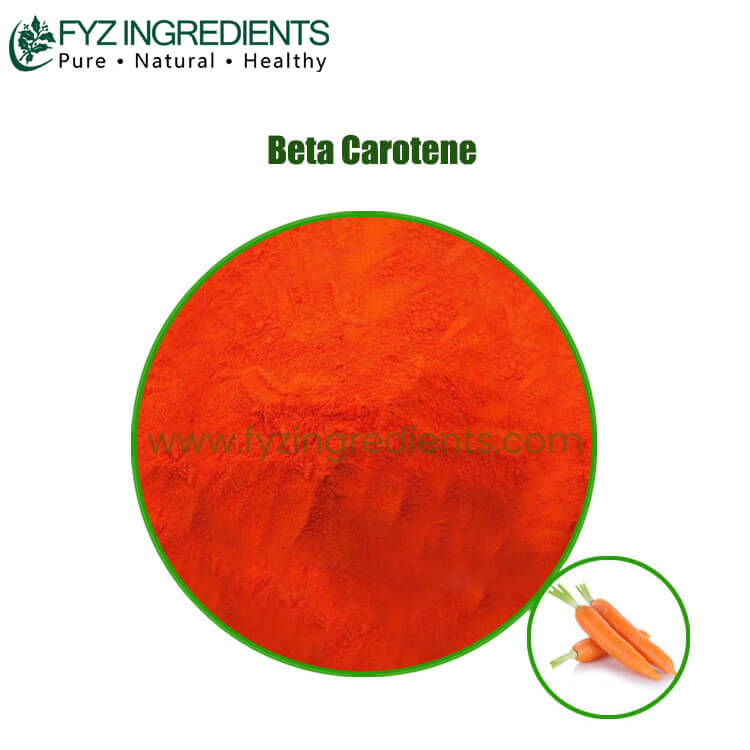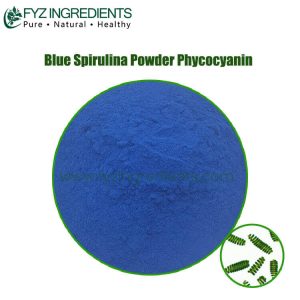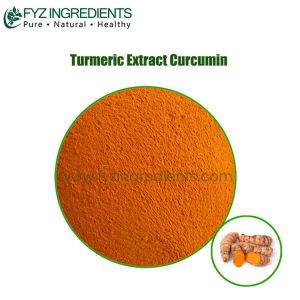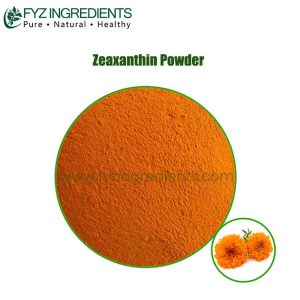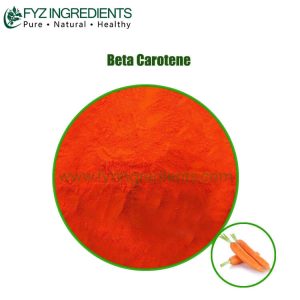What is Beta-Carotene?
Beta-carotene is a pigment found in plants that gives yellow and orange fruits and vegetables their color. It’s converted in the body to vitamin A, a powerful antioxidant that plays a critical role in maintaining healthy vision, skin and neurological function.
Vitamin A is found in two primary forms: active vitamin A and beta-carotene. Active vitamin A is called retinol, and it comes from animal-derived foods. This pre-formed vitamin A can be used directly by the body without needing to convert the vitamin first. Pro vitamin A carotenoids are different because they need to be converted to retinol by the body after they’re ingested. Beta-carotene is a type of carotenoid that’s found primarily in plants; it needs to be converted to active vitamin A before it can be utilized by the body.
There’s plenty of evidence that eating high-antioxidant foods that contain beta-carotene is good for your health and may help prevent serious conditions. However, there’s mixed research about the use of beta-carotene supplements. In fact, some studies even suggest that supplementation may increase your risk of serious health conditions like cancer and heart disease. The important message here is that there are benefits to getting vitamins in food that don’t necessarily occur in supplement form.
Health Benefits of Beta-Carotene
1. Has Powerful Antioxidant Activity
2. Supports Healthy Pregnancy
3. Protects the Skin
4. Protects Your Eyes
Beta-carotene and other antioxidants may help delay the progression of age-related macular degeneration, which causes vision changes that are sometimes so severe that irreversible legal blindness can occur. Antioxidants are effective in slowing down the progression of macular degeneration symptoms because they can help prevent oxidative stress, which plays a significant role in the degeneration of cells and nerves in the retina/macula.
The Age-Related Eye Disease Study established that a combination of dietary antioxidants, including zinc, beta-carotene, vitamin C and vitamin E, effectively slowed the progression of macular degeneration.
5. Treats Oral Leukoplakia
A study conducted at the University of Arizona confirmed the activity of beta-carotene in patients with oral leukoplakia, which is highlighted by thickened, white patches that form on your gums and inside your cheeks. Most leukoplakia patches are benign, but some may be early signs of cancer. Fifty patients were given 60 milligrams of beta-carotene a day for six months, and then participants were chosen to either continue treatment or use placebo therapy for 12 additional months. The results showed that 52 percent (26 patients) of the participants had a clinical response to treatment, and 23 of the 26 patients who responded positively completed the second, randomized phase of the study.
Another older study, published in 1990, had similar results: 71 percent of patients in the treatment group had major responses to 30 milligrams of beta-carotene per day. Researchers concluded that because of its lack of toxicity, it serves as an excellent candidate as a preventive agent for oral cancer.
6. Improves Respiratory Health
Research published in the European Respiratory Journal suggests that eating fruits with beta-carotene can improve respiratory and pulmonary function. In comparison with eating fruit rarely or never, people who ate fruit at least once a day had reduced respiratory symptoms, such as phlegm production, shortness of breath and wheezing. Fruits of any kind help to fight respiratory conditions, including mango, papaya, and cantaloupe.
Dosage of Beta-Carotene
- For erythropoietic protoporphyria (EPP): dosage is based on age. For age 1 to 4, the daily dose is 60-90 mg; age 5 to 8 years, 90-120 mg; age 9 to 12 years, 120-150 mg; age 13 to 16 years, 150-180 mg; and age 16 and older, 180 mg. If people still remain too sensitive to the sun using these doses, beta-carotene can be increased by 30-60 mg per day for children under 16 years old, and up to a total of 300 mg per day for people older than age 16.
- For preventing sunburn in sun-sensitive people: beta-carotene 25 mg orally daily.
- For treating age-related macular degeneration (AMD): beta-carotene 15 mg plus vitamin C 500 mg, zinc oxide 80 mg, and vitamin E 400 IU daily.
Potential Side Effects of Beta-Carotene
Beta-carotene is LIKELY SAFE in adults and children when taken by mouth in appropriate amounts for certain specific medical conditions. However, beta-carotene supplements are not recommended for general use.
Beta-carotene is POSSIBLY UNSAFE when taken by mouth in high doses, especially when taken long-term. High doses of beta-carotene can turn skin yellow or orange.
Flowchart of Production

Package and Shipping
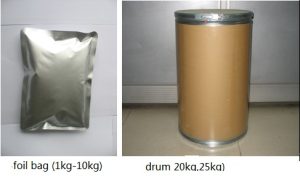
- By Express: Suitable for under 50kg, 5-10 days
- By Air: Suitable for more than 50kg, 7-15 days
- By Sea: Suitable for more than 500kg, 15-45days
Why Choose FYZ Ingredients Beta-Carotene?
- FYZ Ingredients is a professional Beta-Carotene manufacturer in China, provides private labels service.
- FREE SAMPLE (5-10g) for detection, if you need more, please contact us.
- Fast delivery by DHL/FedEx, air as your requirement.
- All of our products from nature, no additive.
- Money refund policy.

